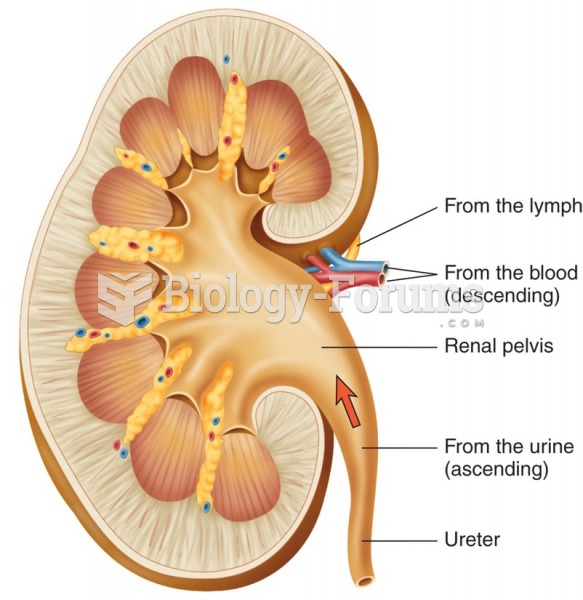|
|
|
Despite claims by manufacturers, the supplement known as Ginkgo biloba was shown in a study of more than 3,000 participants to be ineffective in reducing development of dementia and Alzheimer’s disease in older people.
In most cases, kidneys can recover from almost complete loss of function, such as in acute kidney (renal) failure.
Computer programs are available that crosscheck a new drug's possible trade name with all other trade names currently available. These programs detect dangerous similarities between names and alert the manufacturer of the drug.
On average, someone in the United States has a stroke about every 40 seconds. This is about 795,000 people per year.
After a vasectomy, it takes about 12 ejaculations to clear out sperm that were already beyond the blocked area.







